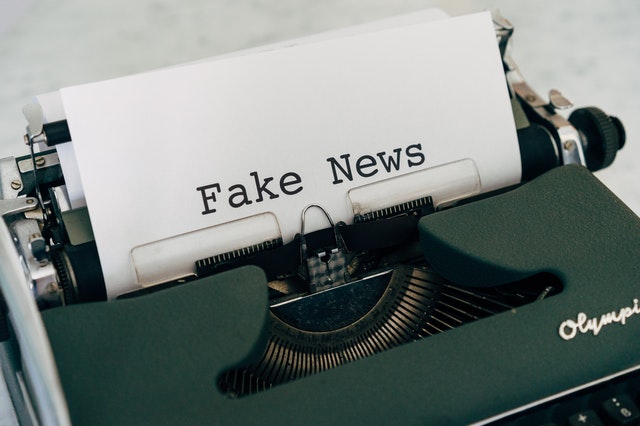We’d be lying if we didn’t say social media is a fantastic addition to the world, but it also comes with many downsides, including misinformation. So, to protect yourself from misinformation on social media, we’ve created this article with five protection tips.
Although many of us fall into the trap of ignorant bliss, believing everything we read, it’s important to not believe everything you see online. Slander on social media isn’t uncommon, and it can have a considerable effect on individuals, businesses, and other types of organisations. Not only this, but misinformation with regards to current events, like the pandemic, are rife, so it’s important to keep your guard up.
If you plan to share information you have seen online with friends and family, ensuring that the information is, in fact, real and that the sources are reliable is paramount. Social media platforms like Facebook and Twitter are more on the ball with flagging misinformation, but there is no way of completely preventing it.
To learn how you can protect yourself and family and friends from misinformation on social media, keep reading for five tips…
1. Educate Yourself
While many of us have been on the internet and seen social media platforms come and go, misinformation via social media is continuing to grow, and is challenging to prevent. You might presume that, because you have used social media for a number of years, you know what to look out for. But, even the most seasoned social media pros can be blind-sided.
Because of this, it’s important to do your own research on anything you come across online to help you make an informed opinion. For example, try to find the information from a reputable source, such as the BBC. This will help you to ensure all of the information is correct, and following professional guidelines.
Take the COVID vaccine, for example – many people share misinformed pieces to their pages, which create a chain of misinformation and ignorance. By doing your own research before blindly sharing it, you could prevent even more people becoming victim to these “facts”.
2. Pay Attention to News Sources
When you see a news article online, take a look at the source. If it is a random website that you haven’t heard of before, don’t just presume the information is going to be correct.
There is the possibility that it might be, particularly if they used legitimate sources. However, without you doing your own research to be sure, this will be completely unknown.
3. Check Sources of Links
Most articles that you see shared on social media will often have many links within the text, and often these are sources or to obtain recognition from Google for SEO purposes. Just because they add links doesn’t necessarily mean that every link attached is sharing the right information. It’s best to thoroughly check each link to ensure the information is correct.
Each time information is spread to a new person, or a news article is written based on it, it’s easy for facts to be changed. This means that what you’re reading may not be 100% accurate. Chinese whispers are a real drawback of the accessibility of the internet.
4. Fully Read the Story
Whilst we presume a headline summarises exactly what the content of a news article is, unfortunately, this isn’t always the case. Headlines can be downright misleading, and not relate to anything that the article states. This is called clickbait, and is done to encourage you to click by misrepresenting what the article is really talking about.
All of this is not there to inform you, but instead to grab your attention. So, although you might read a headline and think you need to share it, take the time to stop, read what it’s about, and see whether the headline does match the story.
5. Correct and Educate Friends and Family Who Share Misinformation
There are going to be certain times when you come across misinformation shared by family and friends. They may not be aware that what they are sharing is incorrect, maybe because they didn’t read the full article or check that the sources used are legitimate.
Where you are aware that it is misinformation being accidentally spread, kindly inform them so that they can remove the misinformation from their feed. By taking the time to educate and share your knowledge about how they can protect themselves in the future, you can lessen the spread of this information.
Don’t Believe Everything You Read on Social Media
What we can conclude is that, whilst it certainly is easy to get caught up with fake news, there are ways that you can protect yourself and those around you. It can be easy to click share without knowing whether the information you’re sharing is true or false. But, if you take the time to do your research on the information and sources, you can help prevent spreading misinformation.
What measures do you take to prevent yourself from misinformation? Leave a comment down below.












